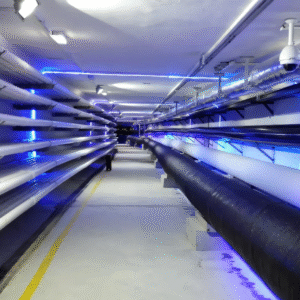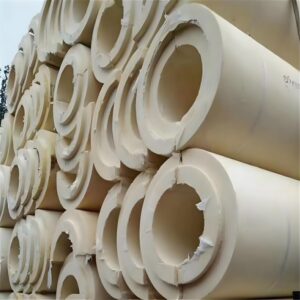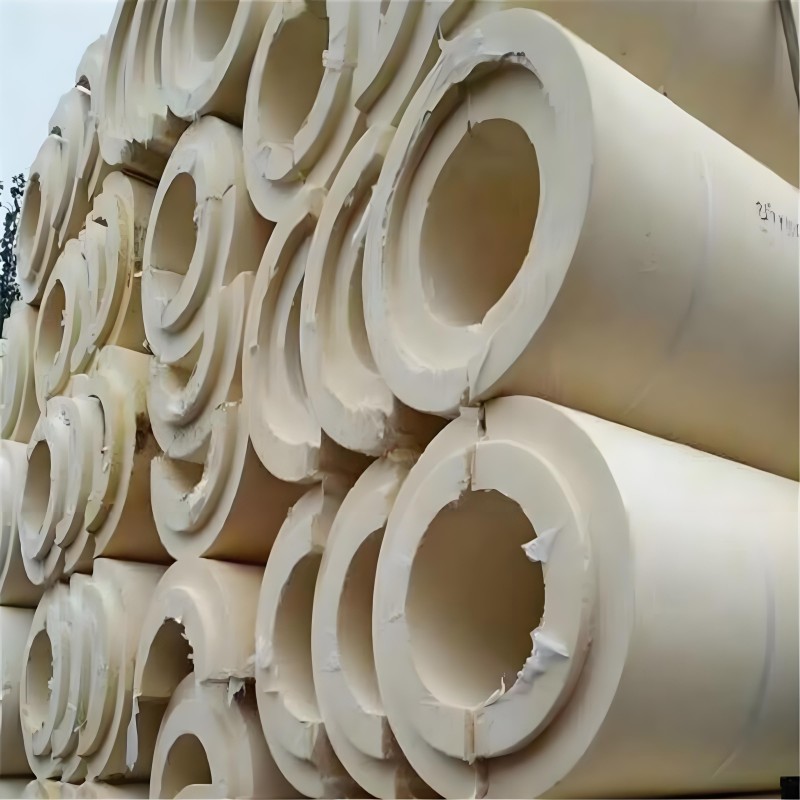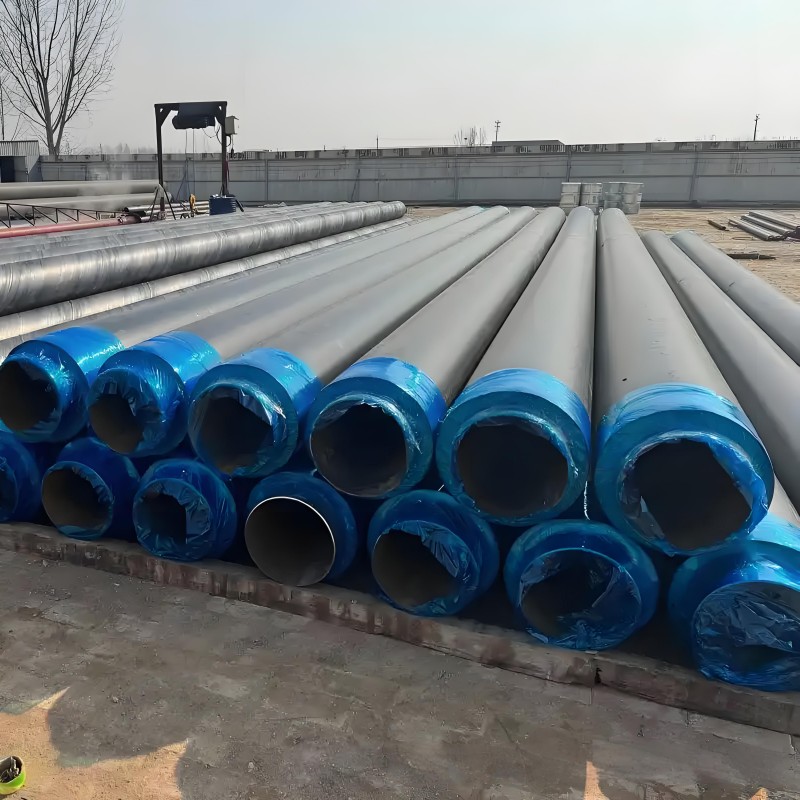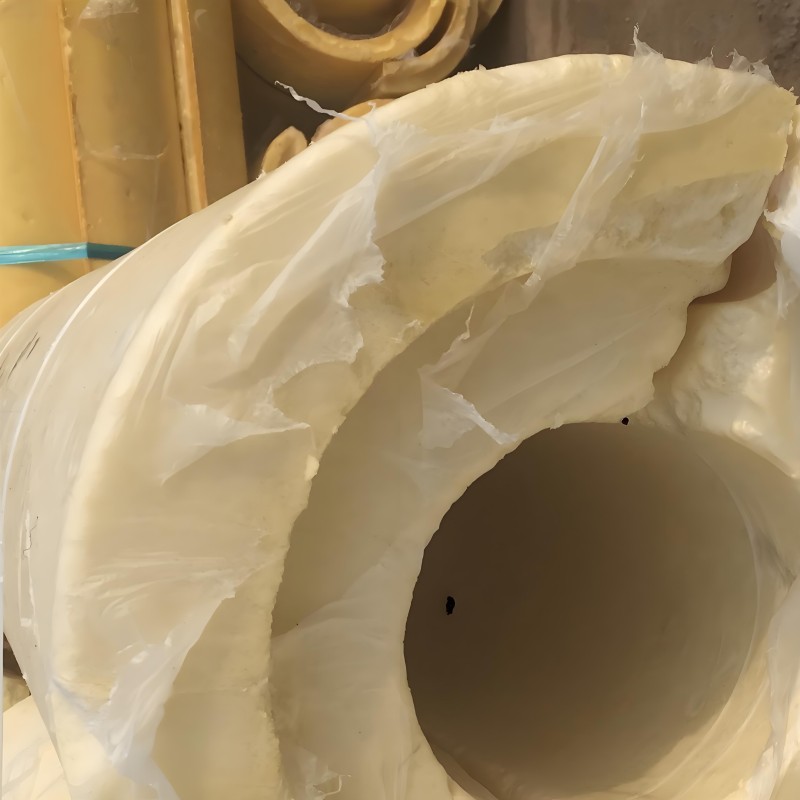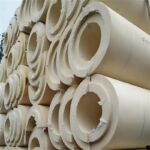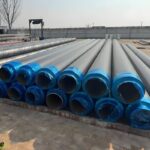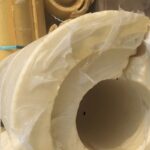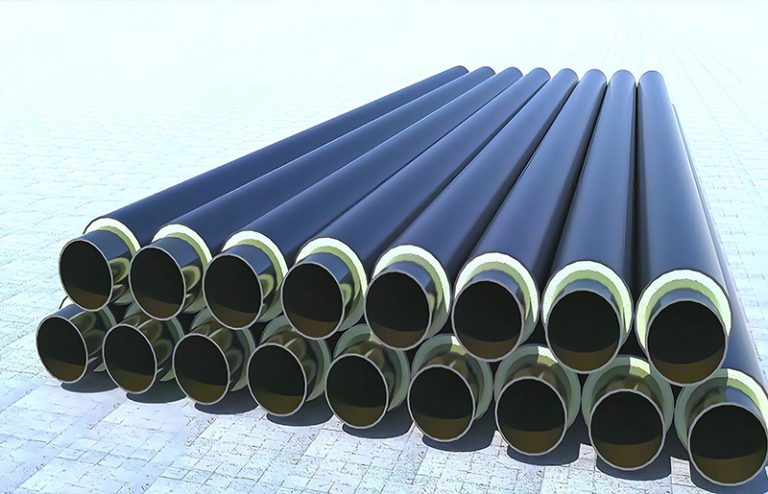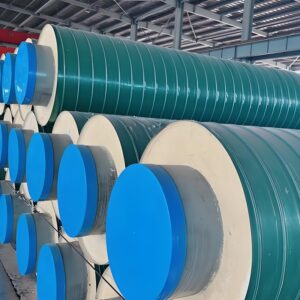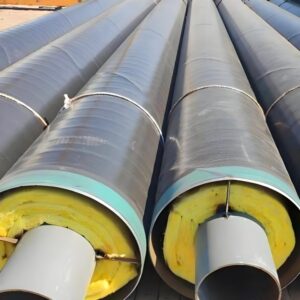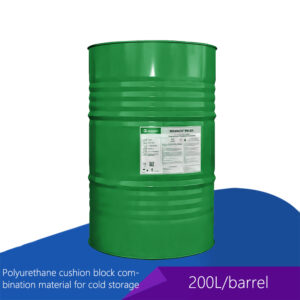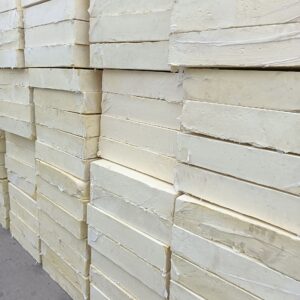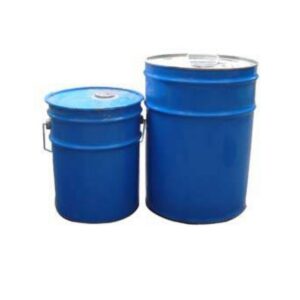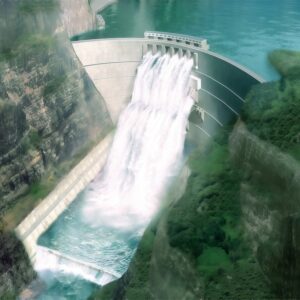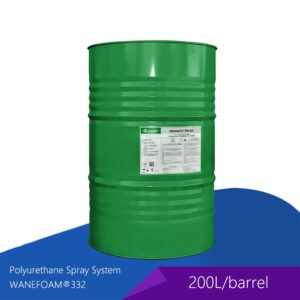Pouring-Type Polyurethane Rigid Foam Insulation Pipe Composite Material (141B)
Pouring-type polyurethane rigid foam insulation pipe composite material (141B) is designed for pouring applications. It utilizes the ultra-low thermal conductivity and environmentally friendly blowing agent. When combined with WANNATE®2208, the resulting foam exhibits fine cell structure, strong adhesion, uniform density distribution, along with excellent flowability and mold-filling properties.
Product Introduction
Pouring-type polyurethane rigid foam insulation pipe composite material (141B) is designed for pouring applications. It utilizes the ultra-low thermal conductivity and environmentally friendly blowing agent. When combined with WANNATE®2208, the resulting foam exhibits fine cell structure, strong adhesion, uniform density distribution, along with excellent flowability and mold-filling properties.
The composite material can be customized to adjust reaction time and flame retardancy according to customer process requirements, while ensuring compliance with the Chinese industry standard CJ/T 114-2000.
Product Usage
The composite material is suitable for manufacturing insulated pipes of various diameters and lengths, applicable for conveying diverse fluids and high-temperature liquids. Different grades of the material are compatible with both one-step and two-step production processes, with adjustable reaction time and free-foaming density to meet specific customer process requirements.
Prior testing is mandatory before using this composite material to ensure the reliability of the material system in specific process parameters.
Physical and Chemical Properties
Item | Specification |
Viscosity 25°C, mPa•s | 100-800 |
Density,g/cm3 | 1.10±0.10 |
Color | Light yellow or yellow |
Free Foaming Parameters
Item | Specification |
Cream Time,s | 15-35 |
Gel Time,s | 60-150 |
Tack-Free Time,s | 100-300 |
Free-Rise Density,Kg/m3 | 22-32 |
Product Physical Properties
Item | Specification | |
Density,kg/m3 | ≥60 | |
Thermal Conductivity,W/(m.k) | ≤0.033 | |
Radial Compressive Strength,Mpa | ≥0.3 | |
Water Absorption,% | ≤10 | |
Closed Cell Content,% | ≥88 | |
Heat Resistance | Dimensional Change Rate,% | ≤3 |
Weight Change Rate,% | ≤2 | |
Strength Change Rate,% | ≥5 | |
- Foaming requirements: Material temperature: 22°C, Weight ratio: 1:1~1.2, Mixing method: Manual blending with electric mixer at 2500 r/min
- The technical parameters herein are derived from laboratory testing and may deviate under actual application conditions. These values are provided for reference only and do not constitute legally binding obligations.
Usage Precautions
Before the application, verify and calibrate the temperature of black/white components, delivery ratio of pouring equipment, and mixing pressure.
Prior to production, ensure the core pipe and pipe casing are thoroughly dry and clean. To achieve optimal bonding performance, preheat the core pipe to above 35°C. During pouring operations, insufficient filling volume or excessive foam leakage outside the pipe casing may lead to product shrinkage; increase the filling quantity or ensure proper sealing of the pipe casing. For multi-stage pouring processes, strictly control the pouring length for each operation.
The production site shall be designated as non-fire area, maintained well-ventilated, and kept away from ignition sources. Smoking is strictly prohibited. When hot-work operations are conducted nearby, the hot-work approval system must be strictly implemented, with corresponding safety measures and specialized personnel supervision in place.
Prior to the formal production, the buyer must conduct a trial test in an environment consistent with the actual production conditions to verify the reliability of the composite material in the specific application. Upon commencement of formal production, it shall be deemed that the buyer has confirmed the product’s performance inspection as qualified. If the above procedures are not followed, all responsibilities shall be borne by the buyer.
The composite material should be stored in closed containers to avoid absorbing moisture. Therefore, during storage and transportation, the containers must remain dry and tightly sealed.
The composite material should be sealed and stored at room temperature (5°C to 35°C), in well-ventilated and shaded area. Avoid direct sunlight or long-term storage above 40°C, which may accelerate the volatilization of blowing agents, thereby reducing foam performance
Expiration Date
Under suitable storage conditions, the storage period of the composite material is 3 months. After more than 3 months, it can continue to be used upon passing qualification tests.
Safety Precautions
Direct contact with the composite material may cause moderate eye irritation and mild skin irritation, potentially leading to skin allergies. Repeated inhalation of high-concentration vapors can induce respiratory allergies. Immediate medical attention should be sought, and anti-inflammatory and anti-allergic symptomatic treatment measures should be administered.
During operation, exercise caution to prevent direct contact with skin or splashing into eyes. Wear necessary protective equipment (gloves, protective goggles, work clothes, etc.).
In case of skin or eye contact, rinse immediately with clean water for at least 15 minutes. Wash the skin with soapy water and seek medical attention if necessary. If accidentally ingested, seek immediate medical treatment for symptomatic management.
Fire and Explosion Hazards
This product is not classified as flammable liquids, explosives, oxidizers, corrosives, toxic substances, or radioactive hazardous materials during storage and transportation. It is not categorized as a hazardous product.
Carbon dioxide, foam, or chemical dry-powder fire extinguishers can be used. If no other fire-extinguishing agents are available, a large amount of water mist can be sprayed. Once the fire is extinguished, the spilled materials must be thoroughly cleaned (refer to the “Spill and Leakage Handling” section).
Fire-Fighting Procedure: Standard protective measures.
Spill and Leakage Handling
Small amounts of leaked or spilled materials can be rinsed away with water. In case of large-scale leakage, contain and recover the materials, and wash the contaminated ground with water or detergent. The disposal of waste composite materials must comply with the local government’s environmental protection regulations.
For more information, please refer to the Safety Data Sheet (SDS) of our products or contact our Customer Service Center.
The indicators and data provided in this document are based on our current level of technical knowledge and practical experience, and are for reference only. Specific guaranteed indicators are subject to the quality assurance certificate or supply contract. The user is responsible for testing the products purchased from our company to verify their suitability for their intended processes and applications, and to achieve the desired objectives. Further application and processing of our products are beyond our control. Therefore, our liability for the products provided is limited to the portion delivered by us and used by you. We do not assume responsibility for indirect losses incurred during the production process using our products as raw materials. Our technical support and customer service center are available to provide consultation and technical services related to our products. We welcome your inquiries and communication via mail or phone.
Contact Information
WhatsAPP: +86 17761309662
Email: wanhuachemical@outlook.com
Tel: +86 17761309662
Wechat: yivonnie
| Weight | 5485.71 kg |
|---|


